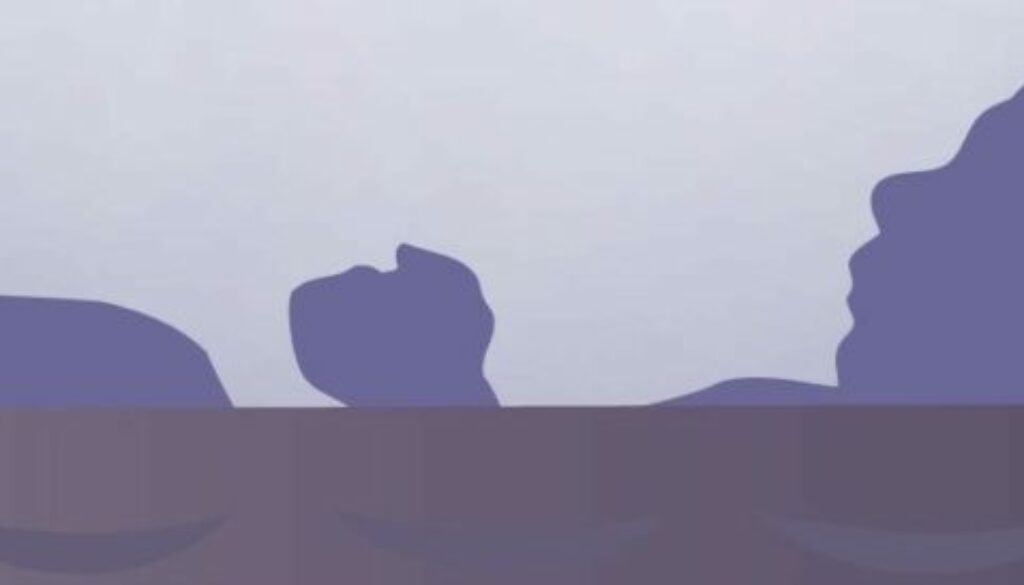Hidden Figures
“The midwives, however, feared God and did not do what the king of Egypt told them to do. They let the boys live.” (Ex 1:17 NIV).
Their names are Shiphrah and Puah. Their names are likely unknown to you. Their story surfaces in Exodus 1 at a very critical moment in Israel’s history. These women were two Hebrew midwives whose story appears early in the Book of Exodus. You know the overall story – the Hebrews fell into bondage in Egypt when a new king arose “who did not know Joseph” (Ex 1:8). The new Egyptian king was told the Hebrew slaves were multiplying so fast they posed a threat to the ongoing superiority and numerical supremacy of the Egyptians. So, the new king issued an order to the Hebrew midwives to kill any Hebrew male babies born and to save only the girls. An awful order!
But Shiphrah and Puah, the Hebrew midwives, “feared God and did not do what the king commanded. (Ex1:17).” They let the boys live, and because they feared (reverenced) God, they saved many Hebrew baby boys from death. One of these baby boys would become known to us as Moses, the great icon of Israel! Shiphrah and Puah – hidden figures who played a large role in the safety of the Great Deliverer of the Hebrews from Egypt!
There is more to the story. Shiphrah and Puah likely put the infant Moses into his mother Jochebed’s arms for the first time. No doubt his mama held him close, sheltered him, and repeated to him over and over how much he was loved. Sadly, Jochebed would have to hide her baby from the Egyptians and did so in a basket carefully prepared for survival while floating in the Nile River. Fortunately, the Egyptian princess, who discovered the basket containing this baby, lifted Moses out of the water, re-enmeshed him with his own culture, enlisted Jochebed as his nurse, and Miriam, his sister, as his attendant. The infant Moses got to remain with his immediate family, even though the circumstances were strange and unusual.
The Bible does not tell us what happened to Shiphrah and Puah, and gives only a faint mention of the Egyptian princess in Chronicles. These women were “hidden figures” we should not forget and, because of their efforts, the Bible story is richer and God’s story of redemption is all the more powerful.
On this Mother’s Day weekend, we rightly pay tribute to the very visible women in our lives whom we owe more gratitude than we can ever repay. But let us also give praise for the female “hidden figures” who have blessed us as well. Some of these persons may have been a teacher, a church worker, a nurse, a neighbor, a friend, a writer, or a caregiver. This is a great weekend to give thanks to God for amazing women, even those who, in our stories, were influential “hidden figures.”
Michael G. Cogdill
Interim Pastor

